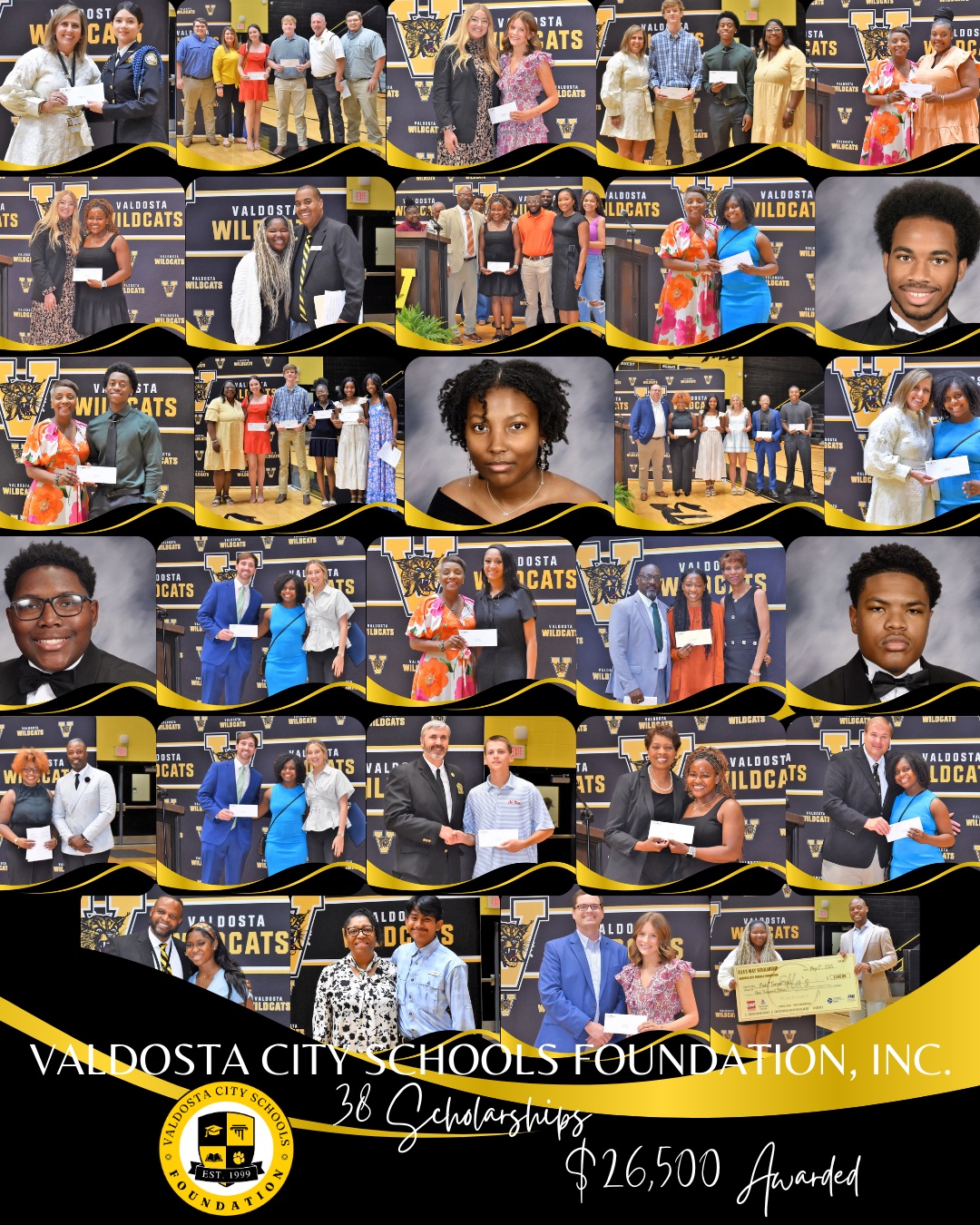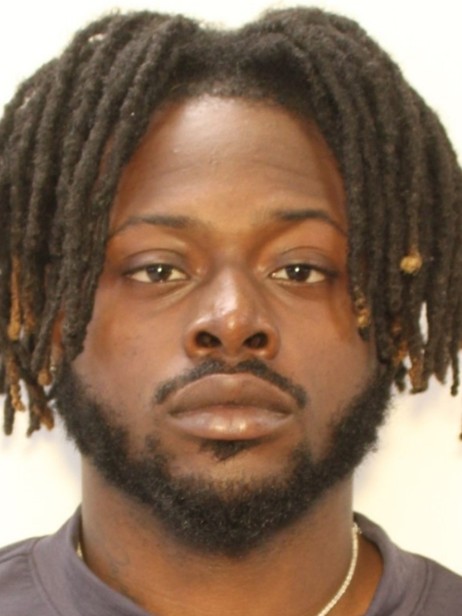Valdosta engineer shares gripping tale of his time in Taiwan military
Published 9:00 am Sunday, December 4, 2011
Many South Georgians know Kun-young Chiu as a regional engineer, the vice president of his KYCA, Kun-young Chiu & Associates: Designers and Consultants in Construction.
A recent book reveals the youthful Chiu, a Taiwanese college graduate serving in the Nationalist Army of Chiang Kai-shek’s struggle against Mao Zedong’s communists in the 1961 Chinese civil war.
Chiu has published his memoirs, “For Whom We Fight? Diary of a 2nd Lieutenant Chinese Nationalist Army.” This book is Chiu’s journal from 50 years ago, which he has expanded upon in more recent years.
“Old diary is like a dried sponge …, I could not and did not enter every detail of my daily life into the journal while I was in Kinmen,” Chiu told The Times. “It only takes a drop of water to revive the sponge to be softened and to function its intended purpose.”
He added some modifications, which are italicized in the book. From memory, he has expanded on some things which he felt he could not express in writing 50 years ago. His reasoning for not writing these thoughts in 1961 are indicative of the time and place then.
“I have added or expanded some for clarification of the facts that I was afraid to register on the original journal then — too many political soldiers and spies infested in the military.”
To introduce American readers to his situation, Chiu touches upon a well-known series of presidential debates in U.S. history. GOP Vice President Richard Nixon and Democrat Sen. John F. Kennedy discussed the defense of Quemoy, now known as the small island of Kinmen.
“Little more than one year before, the island was a bloody battlefield between the Chinese Communists and the Nationalists,” according to information for the book. “It was bombarded with a half-million artillery shells. Thousands of innocent civilians, along with soldiers on both sides perished. It was the height of the Cold War: the Soviet Union backed the Communists, the United States manipulated the Nationalists.”
The youthful Kun-young Chiu was drafted into the aftermath of this world. In the memoir, the young Chiu admits he doesn’t understand the reasons for the fight. In retrospect, Chiu describes himself as a “young nerd” serving a regime he despised. Stationed in a war zone, he expresses the fears, frustrations, uncertainty and tedium of life on the front line. He lived with “the innocent young and seasoned enslaved old soldiers; the ethnic struggles between the Taiwanese Islanders and the Chinese Mainlanders; the disarray of reluctant warriors; corruption within the Kuomintang (Nationalist Party led by Chiang) elite.”
Framed within the history and the struggle, “For Whom We Fight?” is also a coming-of-age story about a young soldier learning to become a man in his dealings with the world, responsibilities, duty and love.
Nearly a dozen years ago, Chiu discovered his diary of his time serving his native land.
“In 2000, when I was cleaning my old book storage boxes, I came across my Kinmen diary,” Chiu says. “Just went through a few pages, I was very emotional. It sparked up my memories and, my heart pounding like a rabbit, I felt I was reliving my youth again.
“My life there encountered fear, anxiety, happiness and a lot of first encounters as I mentioned in the prologue. Old memories flashed back.”
He decided to translate the diary from the original language into English for his descendants. He read the book in English and recorded the translation. Secretaries typed this recorded translation.
“My secretaries who helped me transcribe my taped audio translations, freely admit that they were moved and cried,” Chiu says. “The compliments did make me drop a few tears and I am very appreciative to this day.”
By 2001, the translation complete, Chiu put the manuscript aside and focused on his engineering career.
With 2011 marking 50 years since his time in the military, Chiu’s attention returned to his diary. With no formal English training, he received help preparing the grammar of the book. He worked hard with others to further overcome the language barrier in the book, so it would be more accessible to American readers.
“The 50-year mark placed a tremendous pressure on me to have the book published,” Chiu says. “It was a sense of duty and the self-imposed deadline.”
His family has been supportive of the book’s candor from both a political and personal perspective.
“My family’s reactions regarding to the publication are overwhelmingly positive,” Chiu says. “All of them thought I did a great thing by preserving family roots and my candid tell-all memoir. They all thought that the history of two generations ago in the exotic land of far, far away, for better or worse, I should let the world know about the history. Everyone has a story to tell. My sense of responsibility urged me to tell my story, regardless of the importance.”
After his time in the military, Chiu’s life began the journey that would bring him to the United States and South Georgia.
Chiu “refused to be a party member of Kuomintang (KMT). I could not find a job after discharged from the military,” Chiu says. “Luckily, I was offered a teaching assistant position from my alma matter, civil engineering department of National Taiwan University.”
A research paper on the study of improving bearing capacity of Taipei silt by using quicklime piles earned Chiu the grand award from the Chinese Institute of Civil Engineering and Chinese Association of Engineering Institute.
In 1963, the paper was to represent Taiwan at the International Conference of Soil Mechanics & Foundation Engineering in Tokyo, Japan. But the continued hostilities between the Nationalists and the Communists prompted Chiang Kai-shek’s son to refuse Chiu’s attending the conference.
“It was the time I realized that the regime was hopeless,” Chiu says. “The government was so corrupt that there were no places for me to stay.”
Chiu has received a scholarship from the University of Florida, so “I reluctantly left my hometown to pursue an American Dream.”
He arrived in 1963 and earned his master of engineering degree the following July. Moving to Jacksonville, he planned to work and earn his Ph.D., but his new job was demanding. He did not return to school but was set on the path of developing his company, KYCA.
“On July 1, 1967, I was assigned to Valdosta, Ga., by my employer to supervise the construction of the Fine Arts Building, Valdosta State University, which I also designed,” Chiu says. “My family and I have been residing in Valdosta for over 44 years. Looking back, 1960s and ’70s were the time of civil rights movement, the place was Deep South of America. With a unique skin color and physical features that differed from everyone, I have some stories to tell.”
Still, in all of that time, Chiu rarely returns to his native Taiwan. He has been back five times in the past 48 years. Neither he nor his wife have any close relatives remaining there.
“During Chiang Kai-shek’s autocracy, I only returned once to visit my aging parents,” Chiu says. “After Taiwan became democracy in 1990s, I was invited to an engineering symposium in Taipei, Taiwan, to present the award-winning Orlando International Airport Design. After the turn of the century, I took my entire family to Taiwan and let them (become) familiar with their roots. We also visited Taipei 101, the tallest building at the time.”
Still, he recalls his perspectives on Taiwan’s history as well as keeps abreast of current events there.
“Chiang Kai-shek occupied Taiwan illegally,” Chiu says. “Taiwan was Japan’s territory for 51 years and surrendered to the Allied Forces after defeat in World War II. Allied Supreme Commander, Gen. (Douglas) MacArthur, ordered Chiang to Taiwan to receive the Japanese surrender in 1945 on behalf of the Pacific Allied Forces. Chiang Kai-shek’s temporary assignment became his permanent occupation.”
Still, Taiwan today lies in the shadow of China. Chiu finds it discouraging that none of the candidates in the upcoming January 2012 election there carry the banner for Taiwan independence.
The book’s title asks the question that has long plagued the Taiwanese people. “For Whom We Fight?”
Drafted into the Nationalist Army, many Taiwanese felt they were forced to fight for Chiang Kai-shek rather than themselves and an independent nation.
The question still resonates today for many Taiwanese and for Chiu.
“Support Taiwan to be a member of the United Nations,” he says. “Let our people be able to act freely, independently in the world community without the shadow or fear of China. Stop China’s bullying Taiwan. The Island Country (has been) under injustice for a long time already. It is the time of recognition and compassion and support Taiwan’s independence.”
Kun-young Chiu’s “For Whom We Fight?” is available from amazon.com or by contacting Chiu.
For more on this story and other local news, subscribe to The Valdosta Daily Times e-Edition, or our print edition.





